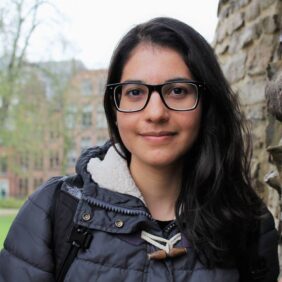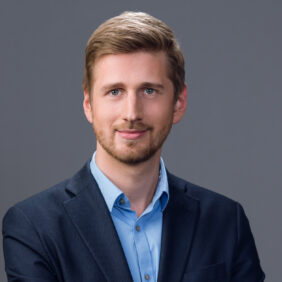How inclusive can virtual planning be?
Tjark Gall (moderator, ISOCARP Institute)
Mariana Fiuza (Public Sector Innovation Specialist at Teresina 2030 & ISOCARP member)
Session description:
The first session will tackle the question of how inclusive virtual or digital engagement can be. Is it more inclusive due to easier access for more people? Or does it exclude vulnerable groups even more? Does it need to be targeted to the local societal and cultural context; if yes how? We are approaching this topic by listening to the experiences from experts of Brazil and Indonesia and afterwards exploring which risks remain and how we can ensure or even elevate inclusive engagement in the virtual/digital realm.
Questions:
- Does virtual/digital participation allow more people to join (easier access, no commuting, joining during work, …)
- Are some (vulnerable) groups left out (older generations, people without internet/computer literacy)?
- How can virtual and/or digital engagement be facilitated to make planning more inclusive?

Mariana Fiúza | Public Sector Innovation Specialist at Teresina 2030, Brazil
Mariana is a Master in Urban Management and Development, at the Institute for Housing and Urban Development Studies (Erasmus University Rotterdam). Returning to her hometown, she was hired as a civil servant by the municipality to collaborate with the Teresina 2030 strategy to promote innovation towards sustainable urban development. She took part in several workshops on urban planning in different socio-economic contexts, such as Tbilisi (GEO), Yekaterinburg (RUS), Bodø (NOR), and Jakarta (IND). All these previous experiences allowed her to coordinate an international workshop placed in Teresina, focused in discussing the not-so-obvious relationship between gender equality and climate change.

Tjark Gall | Researcher at ISOCARP Institute – Centre for Urban Excellence
Tjark is working on research and capacity building projects at ISOCARP Institute, mainly the EU H2020 +CityxChange project which aims at co-creating positive energy districts through integrated planning and design and a common energy market in cities in the EU. He obtained a MSc Urban Management and Development studies from IHS, Rotterdam (NL), and MSc Architecture from the Technical University Brunswick (GER). Before joining ISOCARP Institute, he worked on numerous research and design projects. These were, among others, on geo-data analysis and as GIS instructor at the Institute for Sustainable Urbanism; the development of indicator-based sustainability assessment frameworks focusing on sub-Saharan Africa as part of his contribution for the think tank Urban Framework; and the analysis of the climate risk and urban form nexus in Kampala, Uganda, as part of a DFID-funded spatial injustice and land market research. Furthermore, he participated in and co-organised various international workshops, as well as a UNOPS expert workshop to implement the New Urban Agenda in Curaçao. As an urban researcher, he has a strong interest in Urban Development, Smart Cities, and the effective use and visualisation of urban data to strengthen evidence-based decision and participatory policymaking.